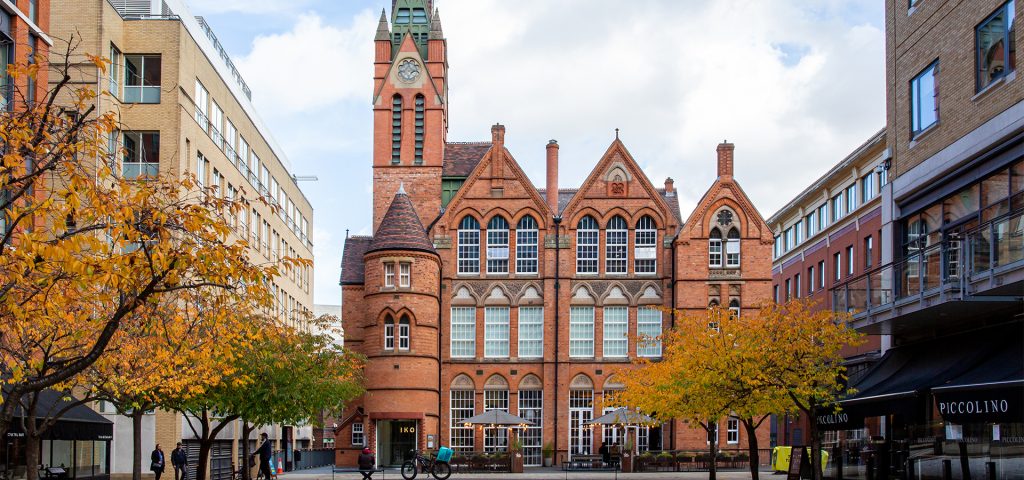Birmingham, a city renowned for its vibrant arts scene, is bracing for significant upheaval as arts organisations prepare to lose all council funding by 2026. The decision comes as the city council grapples with a staggering £300 million budget shortfall, forcing it to make tough choices regarding the allocation of resources.
Impact on Cultural Institutions
Among the institutions facing the brunt of these cuts is the esteemed Ikon Gallery, Birmingham’s premier contemporary art museum. Once a recipient of £300,000 in council funding back in 2012, the gallery’s allocation has plummeted to less than £20,000 in 2023–24. This figure is set to be halved for the 2024–25 budget and reduced to zero by 2026. The implications of these cuts are dire, with Ikon CEO Ian Hyde expressing concerns about the gallery’s ability to continue serving the city’s communities. However, Hyde remains resolute in his commitment to keeping the museum open and accessible to all.
Broader Impact on the Arts Sector
The cuts extend beyond the visual arts, with organisations such as the Birmingham Royal Ballet, Birmingham Opera Company, and B:Music also facing substantial funding reductions. These entities are set to endure 50% funding cuts this year and will lose all council funding by 2026. The repercussions of these cuts are far-reaching, posing significant challenges to the sustainability and viability of Birmingham’s cultural landscape.
Context of Financial Strain
The financial strain faced by Birmingham City Council is not an isolated incident. Last year, the council effectively declared itself bankrupt following equal pay claims totalling £760 million and an £80 million overspend on an IT system. Similar austerity measures have been implemented by other councils across the UK, including Suffolk County Council and Nottingham City Council, further exacerbating the challenges faced by arts organisations.
Council Vote Looms
Birmingham City Council’s recent budget proposals are set to undergo scrutiny and deliberation by council members in a meeting scheduled for 5 March. The outcome of this vote will have profound implications for the future of Birmingham’s arts sector and the communities it serves. As stakeholders await the decision, uncertainty looms over the fate of cherished cultural institutions and the accessibility of arts and culture in the city.
Feature Image: Ikon Gallery, Contemporary Art Gallery | courtesy: Brindleyplace, Birmingham





